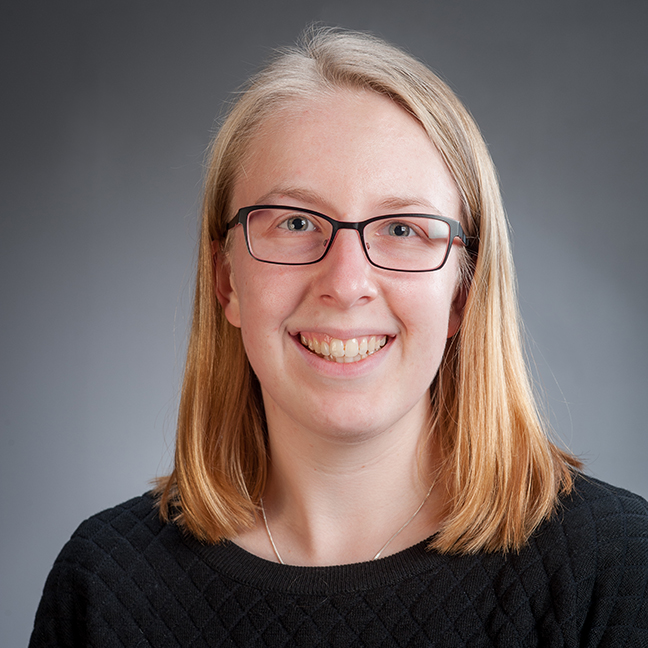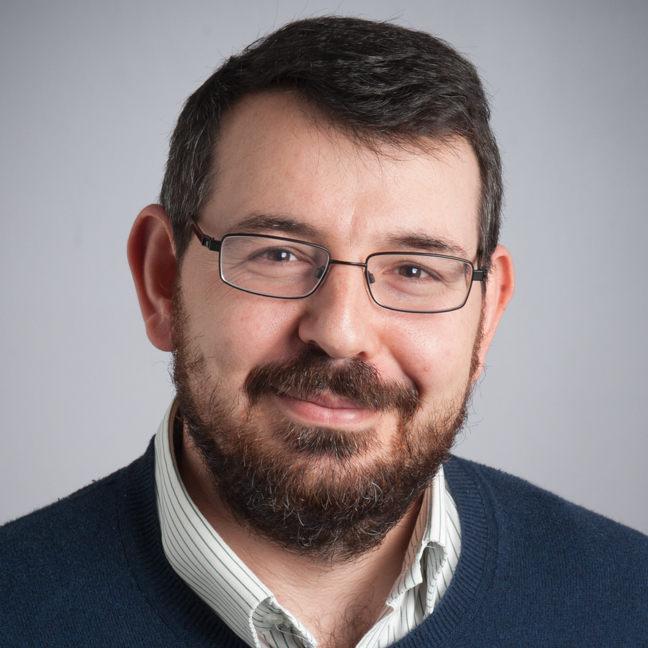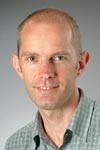Hannah Clark
Hannah is researching the experiences of children of Holocaust survivors in New Zealand through oral history.

PhD Candidate in History
School of History, Philosophy, Political Science and International Relations
Qualifications
MTchLrn (Secondary), Te Herenga Waka—Victoria University of Wellington, 2018
MA in History, Te Herenga Waka—Victoria University of Wellington, 2016
BA(Hons) in History, Te Herenga Waka—Victoria University of Wellington, 2014
BA in History, Te Herenga Waka—Victoria University of Wellington, 2013
Profile
Hannah has always been interested in the world wars period in Europe and how New Zealand was involved or impacted by these conflicts. Her MA explored the personal experiences of New Zealand nurses who served on the frontlines of Egypt during the Gallipoli campaign, experiences which have been largely ignored in the narrative of World War One. Another area of interest is the Holocaust and the lasting impact of this era on people. This interest started with trying to understand how the Holocaust occurred and evolved into how people survived the horrific experiences and the lasting impact their experiences had on not only themselves but their wider family and community.
Hannah’s research aims to document the experiences of children of Holocaust survivors (also referred to as second-generation survivors in the literature) who live in New Zealand. This group holds a unique position in furthering our understanding of the Holocaust, as they bore witness to the years following the Holocaust. They can provide an understanding of not only what their parent or parents went through between 1933 and 1945, but also of life after the Holocaust – life in a post-Holocaust, post-Hitler world. Through oral history interviews, one of the key questions Hannah aims to explore is whether the children in New Zealand had different experiences than those documented in current literature.
As a secondary school teacher, Hannah has witnessed the importance of teaching difficult histories in the classroom and the impact of authentic learning experiences can have. First-hand survivor testimony allows students to connect with the experiences and realise it is not just an event in a history book. However, we are reaching the point where survivors are starting to pass on, but understanding the Holocaust is just as important now. Through researching and documenting children of survivors’ experiences, the connection to the Holocaust is not lost, but given greater meaning.
Supervisors
Professor
School of History, Philosophy, Political Science and International Relations
Associate Professor
School of History, Philosophy, Political Science and International Relations
Publications
Harris, C. & Clark, H. (2020). The Importance of Holocaust Education: A new teaching resource. NZARE: Ipu Kererū. Access: https://nzareblog.wordpress.com/2020/09/30/holocaust-education/
Clark, H. (2016). Sisters In A Distant Land: Exploring the personal accounts of three New Zealand nurses during the Great War in Egypt. The Wellington Historical & Early Settlers' Association Inc.
Clark, H. (2015). ‘Sisters in a distant land: The exploration of identity and travel through three New Zealand nurses’ diaries from the Great War’. Women’s Studies Journal, 30(1), pp.17-29.


